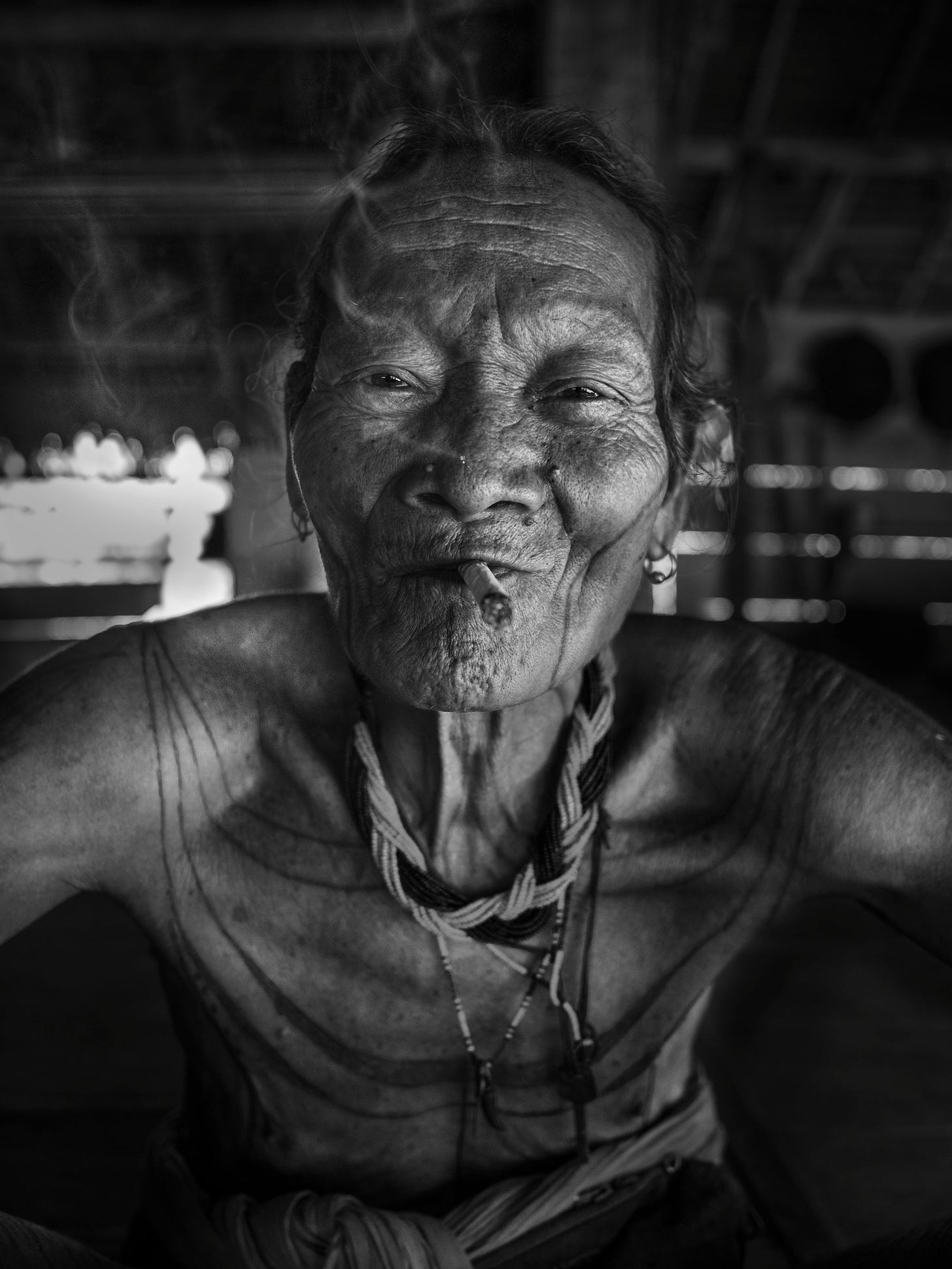Does Money Buy Status??
Evidence from Southeast Asia
“Do you realise what he was saying?!?” asked my friend in Udaipur. “He was referencing a Bollywood song in which a man ogled a woman’s breasts. That was sexual harassment”.
“Oh!” I replied, like a massive idiot. “I had no idea”.
Ignorance of local language and symbols means that foreigners (like me) can miss out on local meanings. Even if we know exactly what someone is doing, we may still be unaware of whether it is celebrated, censored, or stigmatised.
When I first read reports of women thriving as long-distance traders in Southeast Asia, I initially presumed they must have been relatively gender-equal. But that was an error, a hasty presumption based on my parochial belief that commerce is perfectly respectable.
Actually, meanings vary enormously. The exact same activity may be esteemed in one place yet pilloried in another. Drawing on fabulous ethnographic research from Java, Central Sulawesi, Sumba, Eastern Indonesia, Myanmar and Thailand, let me share some insights that you may find surprising:
Household decision-making isn’t always equality
Commerce doesn’t necessarily buy status
What really indicates status? Spiritual potency!
What would promote gender equality?




